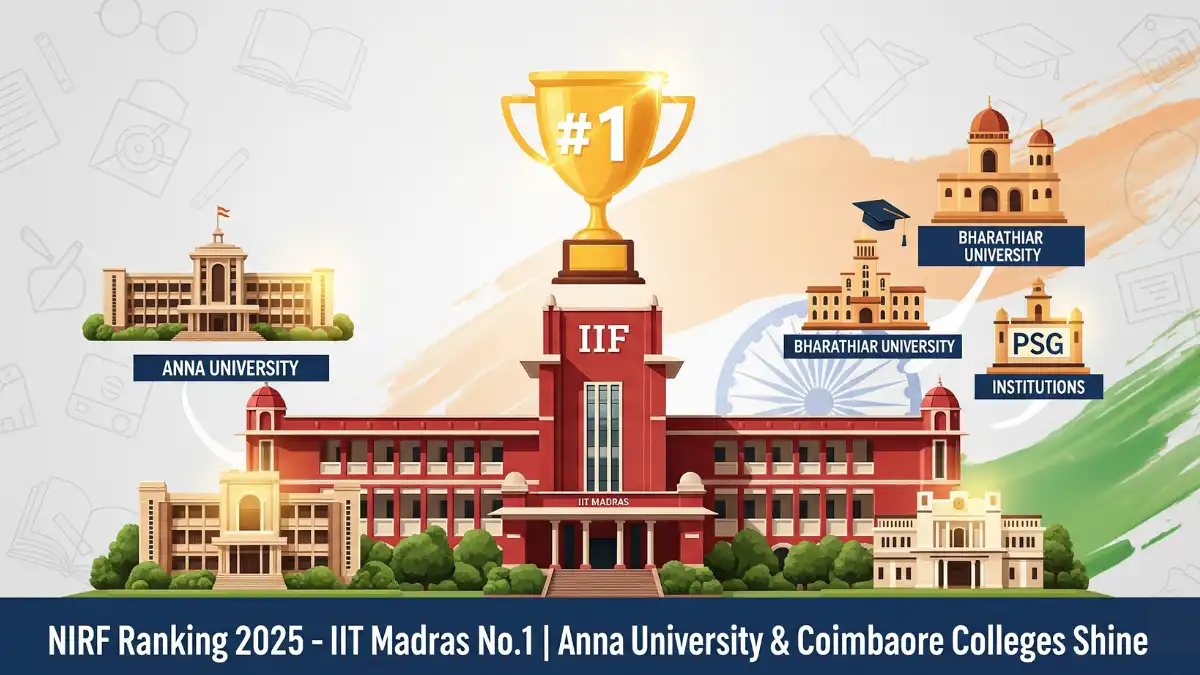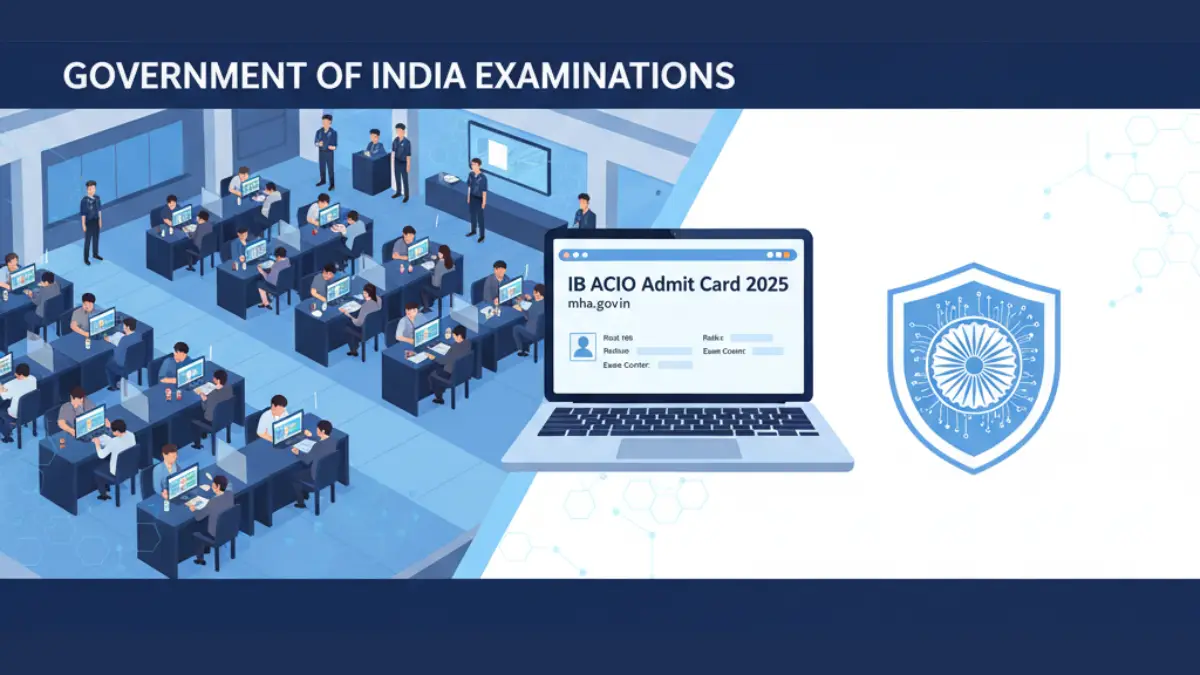Last Updated on September 4, 2025 by Nyayik Vigyan
NIRF Ranking 2025
The National Institutional Ranking Framework – NIRF Ranking 2025 has once again highlighted Tamil Nadu’s academic excellence, with IIT Madras maintaining its dominance at the top. For the 10th consecutive year, the Chennai-based premier institute has secured the No. 1 position in the engineering category, while also retaining its overall first place for the seventh year in a row.
Beyond these achievements, IIT Madras also stood out by clinching the top spot in the innovations category and the newly launched Sustainable Development Goals (SDG) institutions category. In the research institutions category, IIT Madras retained its second place, while the Indian Institute of Science (IISc) continued to lead.
Anna University is close to the top
Anna University, a key institution in Tamil Nadu, finished second among State public universities, narrowly missing first place, which went to Jadavpur University. According to university officials, this small gap was as little as 0.02 points. Registrar Dr. J. Prakash noted that the Tamil Nadu government’s recent approval to fill 288 vacant faculty positions is expected to significantly improve future scores in teaching quality, research, and graduation outcomes.
Coimbatore colleges shine in rankings
Coimbatore emerged as a strong educational hub in the 2025 NIRF ranking of engineering colleges and universities. Bharathiar University earned the 10th spot among State public universities. Meanwhile, PSGR Krishnammal College for Women and PSG College of Arts and Science secured ninth and 10th positions respectively in the national colleges category, further cementing Coimbatore’s reputation as an academic hotspot.
IIT Madras’ focus on sustainability
Speaking about the achievement, IIT Madras Director V. Kamakoti attributed the institute’s success to its strategic and collaborative approach, involving faculty, staff, students, alumni, and industry stakeholders. He highlighted the institute’s strong push towards sustainability and net-zero goals, which began three years ago. Efforts include large-scale solar energy installations, water recycling systems, and initiatives through the School of Sustainability. Dr. Kamakoti emphasised that while these milestones are worth celebrating, the journey toward global excellence has just begun.















